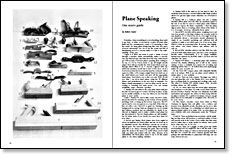
Synopsis: For Robert Sutter, the sound and feel of handplaning stock to a smooth surface is a link to the craftsmanship of the past. He talks here about 18 different planes and spokeshaves in his shop. He names all 18 and identifies the job they are best at tackling; for example, the Stanley No. 79 side rabbet is the only plane that will pare the side of a narrow groove or trim a doorstop in place.
Nowadays, when everything in a woodworking shop tends to go buzz, or whirr, or rat-a-tat-tat, or give off some, other harsh and less onomatopoeic sound, it is reassuring to hear the “snick” of a sharp plane slicing long thin curls off a piece of wood. Reassuring? Yes, for to me the sound and feel of handplaning stock to a smooth surface is a link to the craftsmanship of the past.
I agree it is faster and easier to push a chunk of wood through a machine which automatically makes it smooth, true and dimensioned. But what about the shop which hasn’t got 1500 pounds of 18-inch planer squatting there waiting to be run, or a 62 by 9-inch jointer to zip off straight smooth edges? How will you handle the wide board which won’t go through either? What to do to smooth a figured table top which the machines would tear to bits? Or fit a door, set in a box-bottom when the box is just the least bit cockeyed, widen a groove a little, or fit a tongue snugly? Easy! Just reach up on the shelf behind your bench and pick off the appropriate hand plane. And which one is that, you ask. Well, I’ll tell you what I can about hand planes using the 18 different planes (and spokeshaves) in my own shop as examples. I’ve taken a family photograph so I can tout them one by one according to breeding and track record. You can assume availability unless otherwise specified.
1. Stanley #79 side rabbet is the only plane which will pare the side of a narrow groove or trim a doorstop in place. It may not be readily available, so buy one when you see it for this plane is most useful.
2 and 3. Stanley #71 and its little cousin, the #271 router, are just the ticket for cleaning up the bottom of lock mortises and hinge butts or truing up the bottom of grooves. The #71 can be used to rout out a groove or a stop-dado if the sides are first cut with a saw. The #271 is great for cleaning up flat backgrounds in carving. Both are designed for use in normal and bullnose positions and are adjustable for depth of cut. (Record, in England, used to make a similar router plane but has discontinued it. The two Stanley planes are still available, but I’d advise haste if you decide you must have them for your shop.
From Fine Woodworking #3
For the full article, download the PDF below:
Fine Woodworking Recommended Products
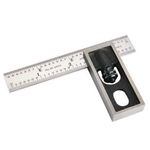
Starrett 4" Double Square
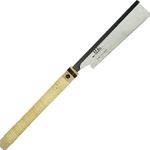
Suizan Japanese Pull Saw
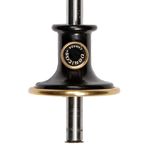
Veritas Wheel Marking Gauge



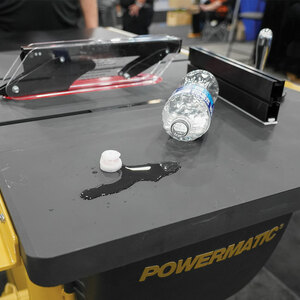
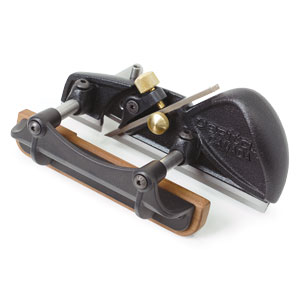
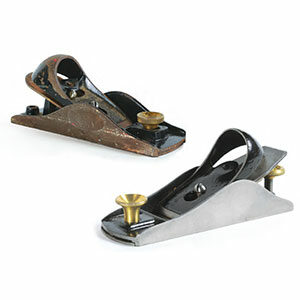
















Log in or create an account to post a comment.
Sign up Log in